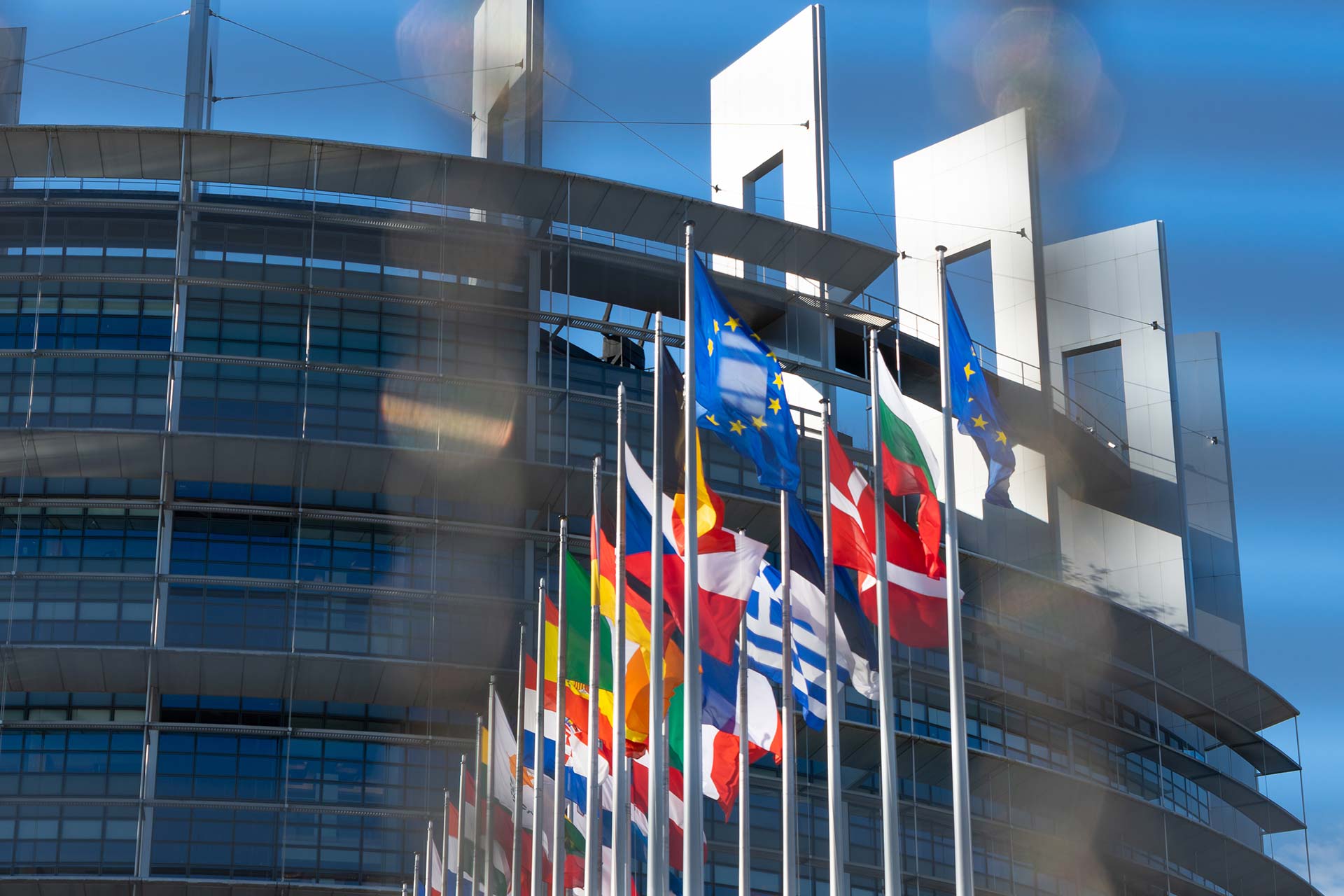Company committed to informing and consulting employees

©AdobeStock denisismagilov
The European Works Councils Directive (EWC Directive), which was recast in 2009, is an important building block of European social legislation. It has put the workplace social partners at the centre by giving them responsibility for the establishment, format, terms of reference and operation of the European Works Council (EWC) or other procedure for the cross-border information and consultation of employees. More than 1,000 companies have concluded agreements on cross-border information and consultation of employees on the basis of the EWC Directive and successfully implemented them in practice.
Further developing best practice in social dialogue
The negotiation approach contained in the EWC Directive is the basis for the success of European Works Councils in corporate practice. This approach allows for a variety of models of information and consultation and takes account of company-specific circumstances. The formation of a European Works Council is relevant for European companies with more than 1,000 employees if they employ at least 150 employees in each of two different EU member states. The European Works Council serves the uniform representation of the interests of all employees of a company operating throughout the Community.
More than 1,000 companies in the EU are engaged through agreements to set up European Works Councils or some other procedure for informing and consulting their employees. Employees have the power to initiate the process of setting up an EWC or other information and consultation procedure by submitting a request. Company and employee representatives are largely free to negotiate the content of the relevant agreement in the special negotiating body. Companies with their headquarters in Germany are particularly active in the area of European works councils. Most European Works Councils have been set up there.
The recast EWC Directive 2009/38/EC was implemented in Germany by the 2nd Act Amending the European Works Council Act (2. EBRG-ÄndG), which came into force in June 2011. The successful approach - right of way for tailor-made, company-specific solutions - has also been retained in the revised EWC Directive. The anchored principle of negotiation allows for a variety of models of information and consultation, takes into account the individual company circumstances and enables tailor-made company solutions. The grandfathering of already concluded EWC agreements is guaranteed. Within the framework of the EWC Directive it is stipulated that existing agreements can also be further developed in the event of changes to the company structure and mergers on the basis of the agreements in force if both sides so wish and that renegotiation is not automatically required.
European Works Council is the body representing the employees of the company
The European Works Council is in the hands of the employees, trade union representatives can be appointed as experts by the special negotiating body (bVG). The relevant European trade unions and employers' organisations must be informed of the start of negotiations so that they can monitor the establishment of new EWCs and promote best practice. Against the background of the current debates on the future of the Directive, the BDA is committed to ensuring that the successful and proven approach of the Directive is continued.







